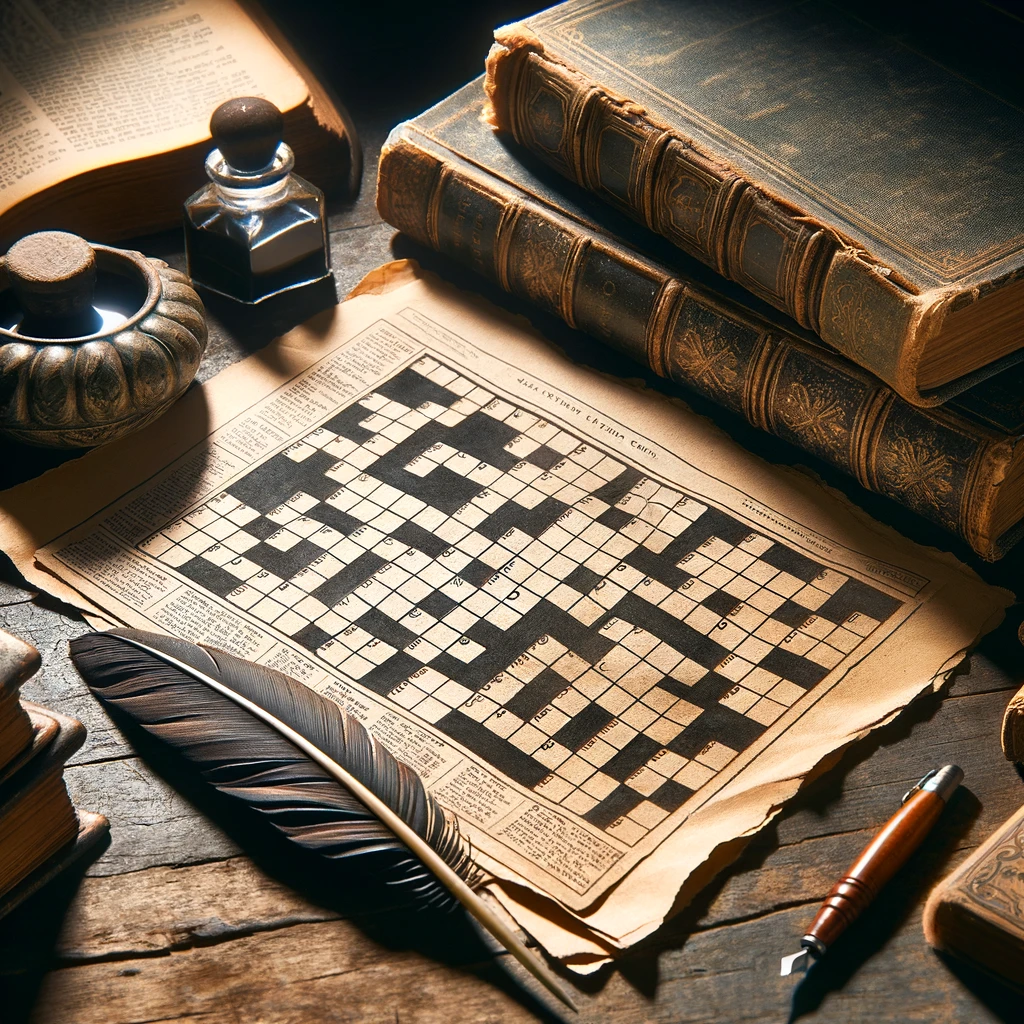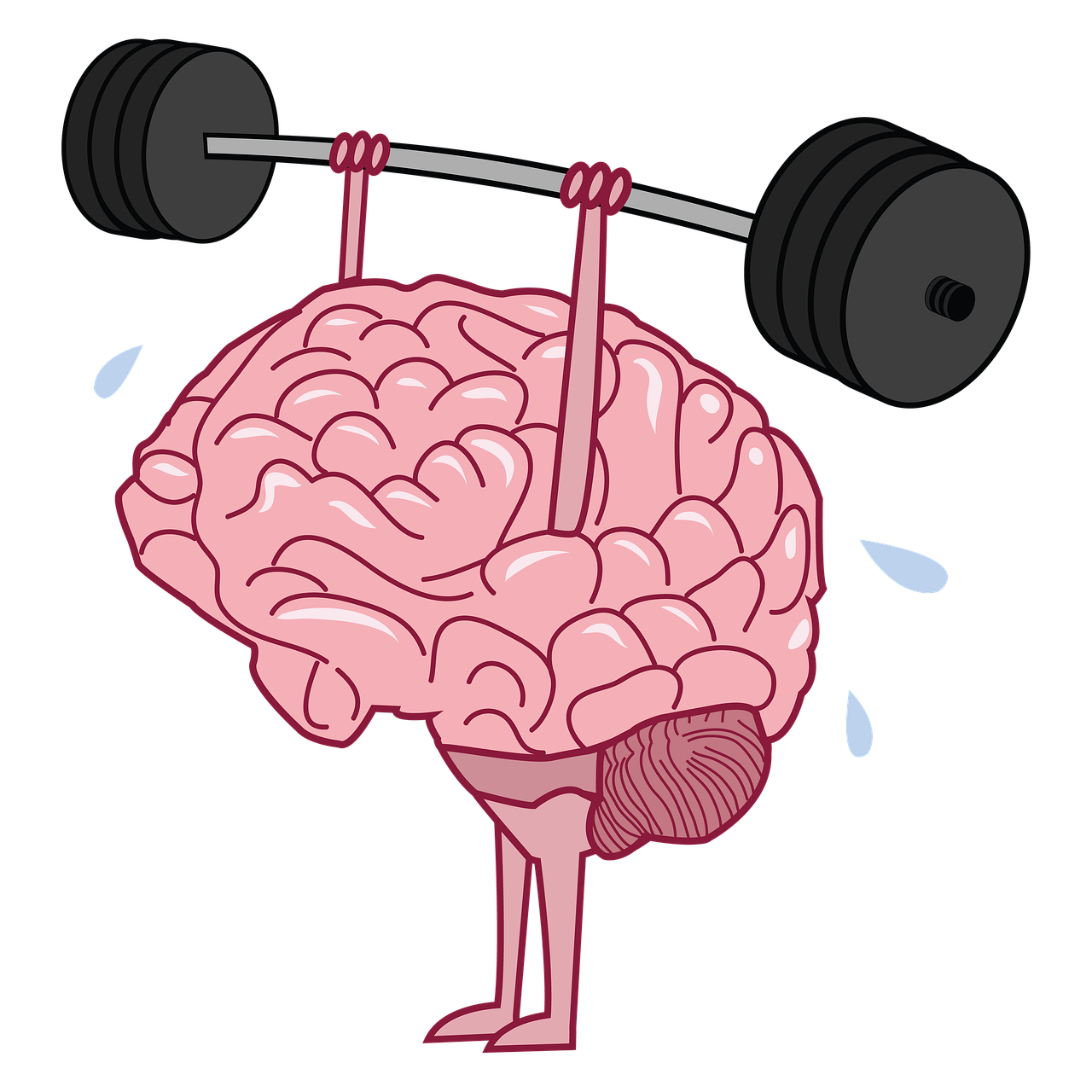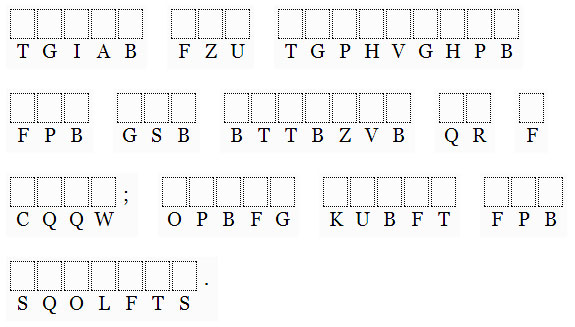Post Categories
How To Solve An Anagram In 6 Steps
If you’re the kind of person that can instantly solve an anagram within the first few seconds of seeing it, with all the letters magically swirling and floating into place like you’re Sherlock Holmes, then please know that we all envy you.
For most of us, anagrams are some of the toughest kinds of puzzles there are. And these days, there’s always a particularly difficult anagram round at quiz night. Just when you’re three points ahead, and all joker rounds have been played, you’re expected to parse meaning from “NUTTYLOG”.
Taking these steps might just give you the edge, or at the very least some new approaches.
Step 1. Determine the theme
A little less helpful for mobile games or random word jumbles, but if you’re in a quiz there’s a good chance there is a theme. It could be Christmas, films, cities, flowers – you name it!
The theme will usually be obvious in hindsight, but in the spur of the moment, you might need to do a little thinking.
Happily, even if there isn’t an overarching theme, you can apply this logic to the words individually.
Some of the more entertaining anagrams are synonyms of themselves, like how “Moon starer” becomes Astronomer, or “Voices rant on” becomes conversation.
The opposite works as well.
“It’s more fun” becomes Misfortune. Here’s some fun trivia – this is called an antigram.
Step 2. Rewriting the letters
If you’ve ever played the mobile game ‘Wordscapes’, you’d know that they display the random letters in a circle.
For some reason, the shape can make it easier for people to connect the letters than placing them in a line.
Everyone’s brain is different and other ways of rewriting can be equally beneficial – whether it’s splitting up the consonants and vowels, or writing them far apart on a page. Even the act of seeing the letters in a new order can jog the brain.
This tip is especially useful if it’s one you’ve been stuck on a while. There’s always one!
Step 3. Suffixes and Prefixes
English has a lot of patterns in it, which is very lucky when we’re looking for patterns in word jumbles!
Knowing the groups of letters that feature most prominently in the language will immediately give you something to look for. But before you go hunting, know there are several types to be aware of…
Logic dictates we should start with prefixes, in the interest of doing the first things first. Some of the most frequent prefixes in English are UN-, DIS-, SUB-, RE-, DE-, IN-, AB-, AD- and, of course, PRE-.
Similarly with Suffixes! Be on the look-out for -ING, -NESS, -MENT, -ISM, -ED, -ER, -RY, -LY, –TION or -OUS.
If you find one of these in an anagram, try writing them separately and looking at the rest of the pile. More often than not, you’ll find a word that attaches.
As you may have noticed, some suffixes and prefixes are the same letters, like RE/ER, so make sure to check both versions.
Step 4. Other Common Letter combinations
So, what about words without a common prefix or suffix?
Fortunately, there are many other patterns we can use. This is where step 2 can really come in handy – by rewriting the letters you can group these combinations ready.
Try searching for letters that go together, especially double-letters. If you look at the most frequent double-letter combinations, you’ll immediately come up with dozens of words that use them. For reference these are: ee, ll, ss, oo, tt,ff, rr, nn, pp, and cc - give it a try!
Uncommon combinations can also be helpful.
If an anagram has a Q for instance, you know it has to have a trusty U right beside it. Q is a pretty rare letter, so this dramatically narrows down the possibilities.
Step 5. The Workhorse Method – with Alphagrams
If you’re still struggling, some preparation may be in order. This certainly isn’t the most exciting strategy but it works.
Alphagrams is a technique used by professional puzzlers (Enigmatologist is the technical term, but “puzzler” is definitely more fun) and involves memorizing the combinations of alphabetized letter chains. Yikes - that was a mouthful!
Basically, by memorizing all the words the most common groups of letters can make, you can immediately find them when searching anagrams. For example, the letters “OPST” makes 6 anagrams. “AEPRS” makes 11!
This may sound difficult, but as any language learners will tell you, it just comes down to time spent.
You can also use mnemonics or pictures that relate to the words can help with keeping them in your brain.
Step 6 – Don’t give up!
As fun as anagrams can be, just like any other kind of puzzle, they can also be immensely frustrating when it just isn’t clicking.
But keep working at it!
If one is particularly tricky feel free to come back to it at the end. Often a new perspective and a fresh look can be the slight push your brain needed. This is a phenomenon called “tip of the tongue memory” or Lethologica.
Just know that the answer will come. You’ll be surprised how often just giving a puzzle one more minute can be the breakthrough.
The Oxford Dictionary has roughly 600,000 words, so giving your brain the time it needs to subconsciously comb through them all can make the difference.
Hopefully, these steps have given you a roadmap to success, or at least some fresh tricks!
Ultimately though, the best method will always be practice. I know it’s a cliché but solving anagrams is a skill, and like any skill practice makes perfect. With time and patience, you’ll be able to solve even the most difficult anagrams!
The problem for many of us is finding the time. Adding anagrams to your routine is a great way to squeeze in the practise. Maybe do a few before bed, or on the train. If its frequent, you won’t even need to do many in order to notice a difference.
Let us know how you get on!
And in case you’re still trying to figure out the solution to the anagram at the beginning – “NUTTYLOG” is Gluttony.
Other Posts
A Look Back at the World's First Crossword Puzzle
Oh, the humble crossword! A crossword is a word game that has puzzled, delighted, and occasionally infuriated us for over a century. But have you ever stopped to wonder about the history of this beloved pastime? Buckle up, word nerds, because we're about to embark on a wild ride through the annals of crossword history!
The Top Brain Training Apps Of 2024
Never has the need for brain training been so great as it is today. Most of us spent much of the last 3-4 years at home during lockdown, teens stared at their screens and many of us suffered brain fog as a consequence. So, what better way is there to boost our brain health than to try some brain training techniques...
How To Solve A Cryptogram In 8 Steps
Do you get that feeling of satisfaction anytime you crack a mind-racking puzzle? If you do then you’re absolutely going to love cryptograms and the challenge they bring...


